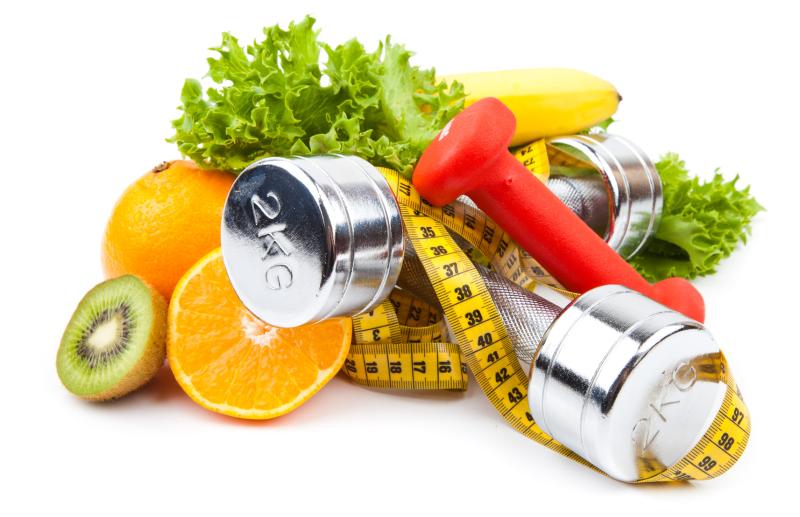
Adherence to key lifestyle factors, including moderate-to-high physical activity and healthy diet, helps reduce mortality in patients with Crohn’s disease (CD) or ulcerative colitis (UC), a study reports.
Researchers used data from the Nurses’ Health Study (1986–2014), Nurses’ Health Study II (1991–2015) and Health Professionals Follow-up Study (1986–2014). They assessed five healthy lifestyle factors after inflammatory bowel disease (IBD) diagnosis (never smoking, body mass index [BMI] 18.5–24.9 kg/m2, moderate-to-high physical activity, alternate Mediterranean diet score ≥4, and light drinking [0.1–5.0 g/day]).
The analysis included 363 CD patients and 465 UC patients, among whom 83 and 80 died, respectively, during 4,741 and 6,061 person-years of follow-up. The median age at IBD diagnosis was 55 years.
Compared with nonadherence, adherence to 3–5 healthy lifestyle factors was associated with a significant reduction in all-cause mortality (hazard ratio [HR], 0.29, 95 percent CI, 0.16–0.52; p<0.0001). This survival benefit was observed both in patients with CD (ptrend=0.003) and those with UC (p=0.0003).
When individual associations were analysed, mortality decreased across quintiles of physical activity (HR range, 0.55–0.31; p=0.001), with Mediterranean diet (HR, 0.69, 95 percent CI, 0.49–0.98) and light alcohol consumption (0.1-5 g/day: HR, 0.61, 95 percent CI, 0.39–0.95), but increased with a >25 pack-year history of smoking (HR, 1.92, 95 percent CI, 1.24–2.97; p<0.0001). The associations persisted despite adjustments for family history of IBD, immunomodulator use and IBD-related surgery.
The findings point to the need to routinely assess healthy lifestyle behaviours in IBD patients, the researchers said. Moreover, clinicians should encourage adherence to such behaviours to improve longevity and promote healthy ageing.